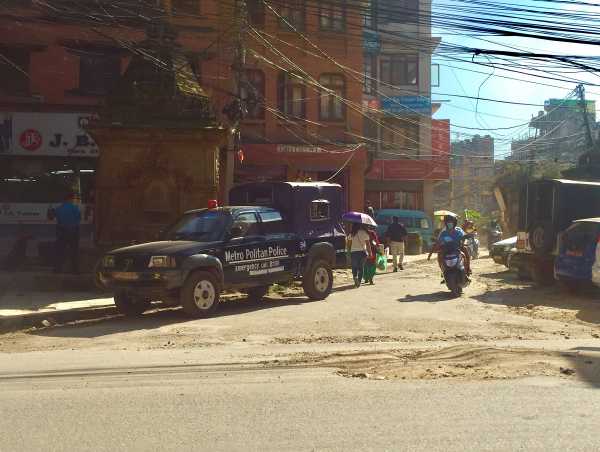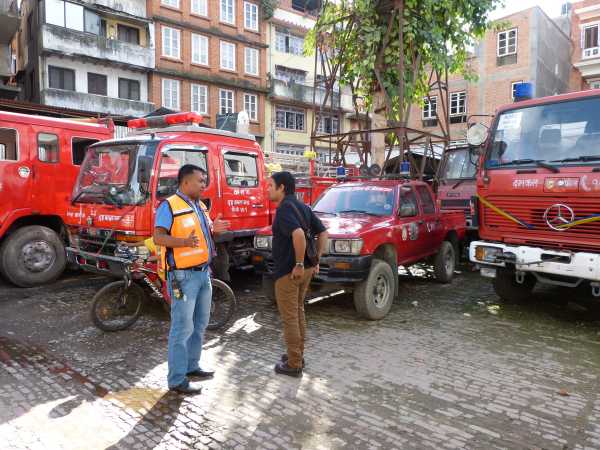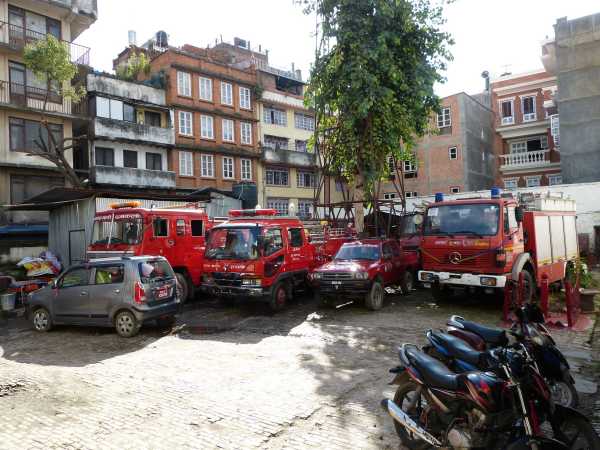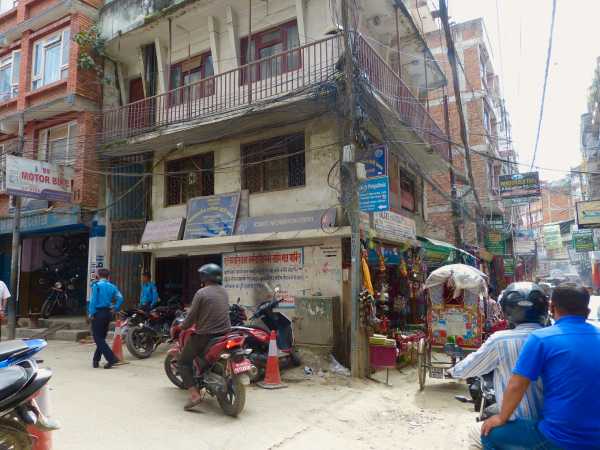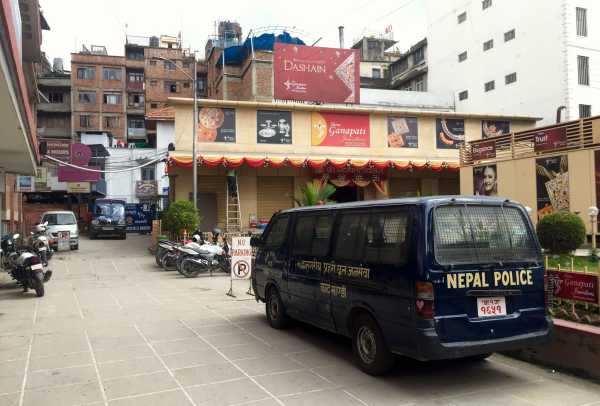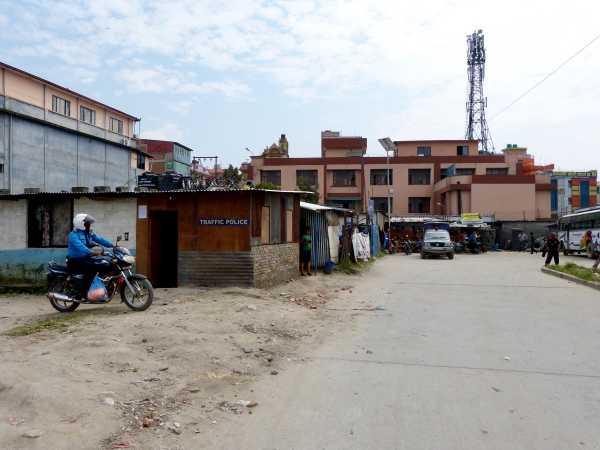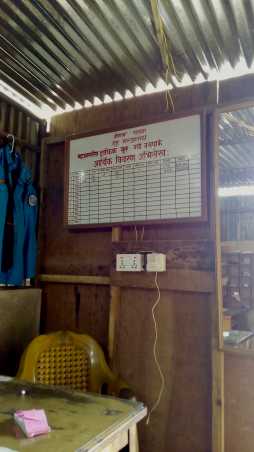The role of politics, urban planning and technology in the production of urban security in the Nepali capital city of Kathmandu
ISTP Senior Researcher Dr. Jonas Hagmann and his research team piece together practices of urban security production in post-conflict Nepal.
Cities are important new referent objects for national and international security politics. This is not only because urban habitats become the preferred living space for the majority of the world’s inhabitants – it also follows ever more expansive understandings of security as a field of work ranging from wartime protection to management of natural hazards and provision of everyday safety. But how do cities become referent objects of security planning? In what ways are urban security dispositives adjusted to functionally different urban sites? And to what extent are civil society groups and urban newcomers included in the production of urban security?

The SNF Ambizione research programme of ISTP Senior Researcher Dr. Jonas Hagmann investigates the emergent global politics and practices of urban protection in cities of the Global South. His current work in Kathmandu analyses the historical origins of urban security management in the Nepali capital. It examines the agents and technologies that are mobilised to produce everyday security in three different sites, namely Gongabu Bus Park in the North, New Road and Bhrikutimandap in the Centre, and Bouddha residential neighbourhood in the East, and the ways these are reformed and reconfigured to adapt to evolving security needs and challenges. Importantly, it also addresses how the population may influence urban security production in Nepal’s fragile post-conflict context – and who is subject to particular vulnerability, whether from crime, natural hazards or the security services themselves.
Urban Security
The core part of ISTP fieldwork in Kathmandu takes place between September and November 2017. It includes contributions by Nepali social scientists Gaurav Bhattarai and Dr. Deepak Prakash Bhatt, as well as an institutional collaboration with the Kathmandu School of Law in Bhaktapur. The case study work will inform academic and practitioner audiences about current practices and challenges of urban security management in the Global South, i.e., cities still widely ignored by western urban studies scholarship. Together with completed work in the city of Marrakech, Morocco, and upcoming work in the city of Kigali, Rwanda, it will generate a detailed comparative study of a topical yet understudied global public policy practice.
For further information see the external pageISTP Twittercall_made and external pageISTP Facebookcall_made accounts, the ISTP urban security programme page, or Dr. Jonas Hagmann’s external pagepersonal websitecall_made.

